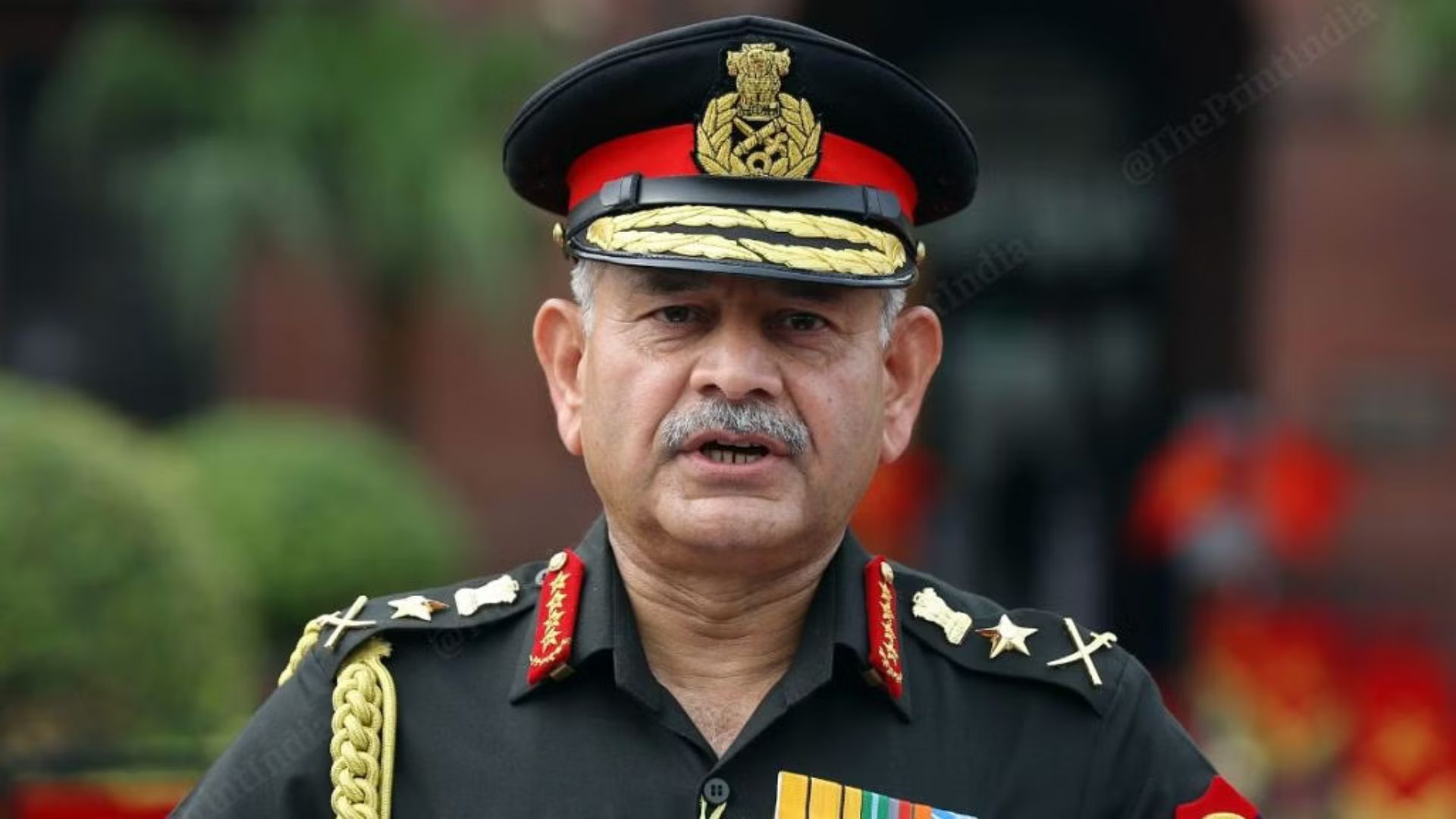New Delhi: In his first media address since assuming the role of Chief of Army Staff (COAS), General Upendra Dwivedi on Monday presented a detailed overview of India’s evolving security scenario, the situation at the Line of Actual Control (LAC), the crisis in Manipur, security in Jammu Kashmir and others.
Talking about the security apparatus at the LAC, the Army Chief said the Northern Border remains “stable but sensitive.”
Reflecting on the October 2024 resolution of long-standing standoffs at Depsang and Demchok, an area which has been become a topic of utmost concern for the security apparatus, the Army Chief said that both sides have agreed to disengage and verified the situation with two rounds of joint patrolling.
He also emphasized efforts to maintain peace, including mutually agreed-upon grazing rights to avoid inadvertent crises.
His comments on grazing rights assume significance since a lot of reports mentioned that the local graziers have lost the patrolling rights.
While dismissing the notion of permanent buffer zones, the General acknowledged that temporary measures have been taken in areas with heightened tensions.
“Both sides have altered the terrain since April 2020,” he said, underlining the need for a renewed trust and understanding between India and China to restore stability.
On Jammu Kashmir, the Army Chief highlighted the huge improvement in the security domain but emphasised that infiltration attempts and drone incursions to smuggle weaponry continue unabated.
In 2024, the Army neutralized 73 terrorists, with 60% of them of Pakistani origin, he remarked.
Despite challenges, General Dwivedi expressed optimism, citing growing public support for peace.
“From terrorism to tourism, the region is gradually transforming,” he said, highlighting successful elections and a surge in tourism.
“People have shun violence and are opting for peace”, he said.
On the situation in the North-East and especially in Manipur, he remarked that the situation in Manipur remains tense due to periodic cycles of violence, exacerbated by tribal affiliations.
The Army chief urged reconciliation and expressed hope that the newly appointed Governor would bring stability.
“Enhanced deployment along the Indo-Myanmar border, including increased fencing, reflects India’s commitment to addressing external influences and refugee migration from Myanmar”, he remarked.
Touching on international partnerships, the Army Chief highlighted India’s robust military cooperation with Bangladesh, despite postponements of joint exercises due to the country’s internal situation.
“We’ll further discuss these issues once an elected government is in place in Bangladesh”, he said.
On the evolving relation with Afghanistan, he said that “Our relation with Afghans is old and emotional. But we will not be putting our feet or there would be no defense relation with Afghanistan in the immediate future.”

